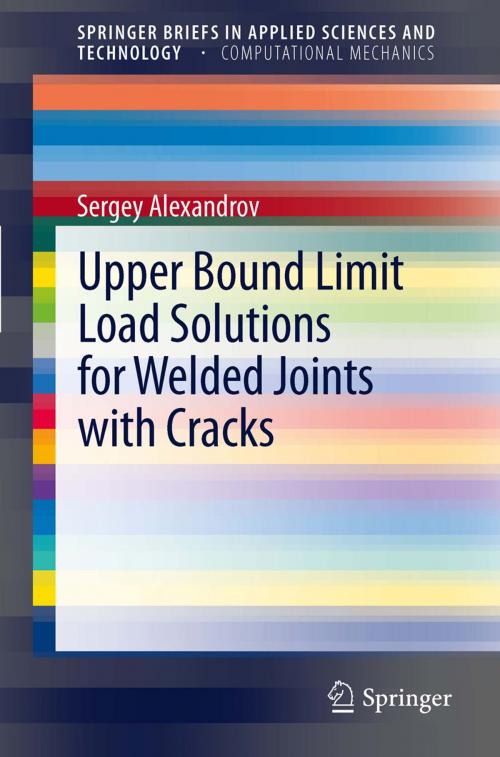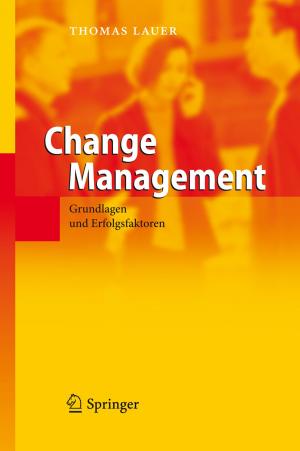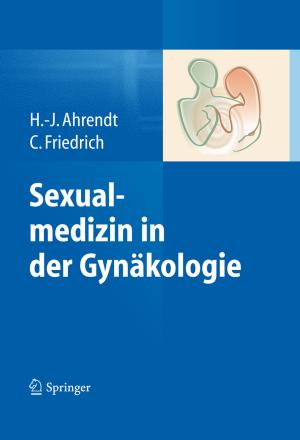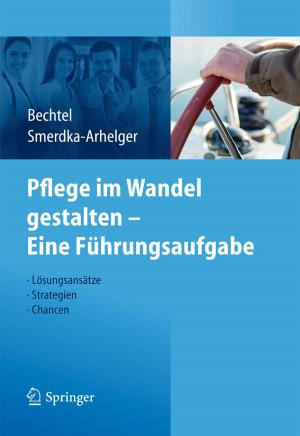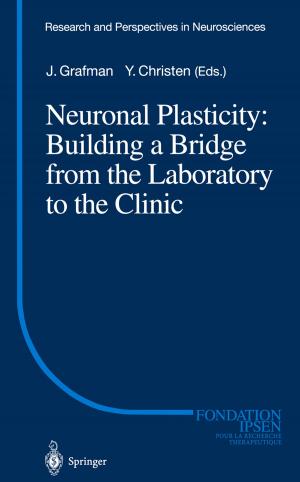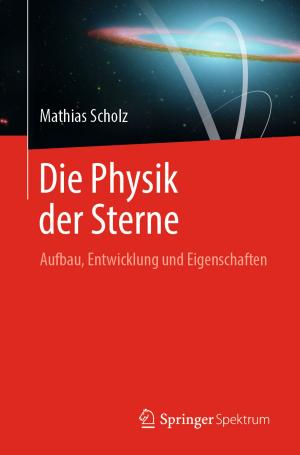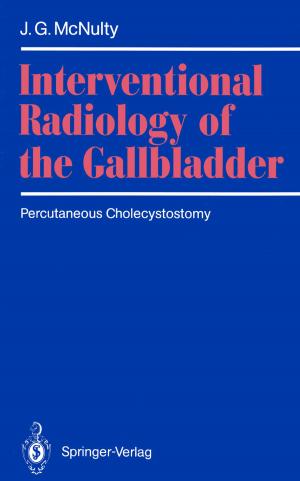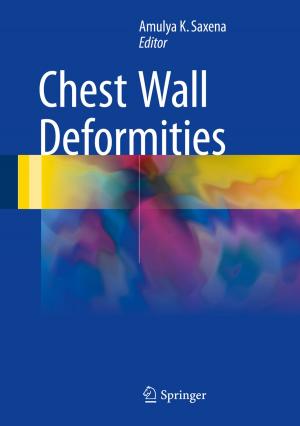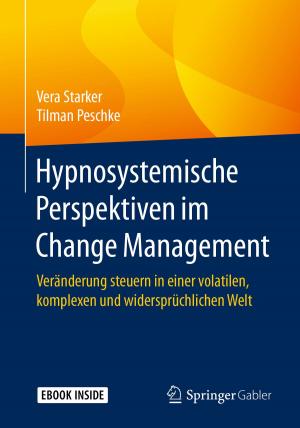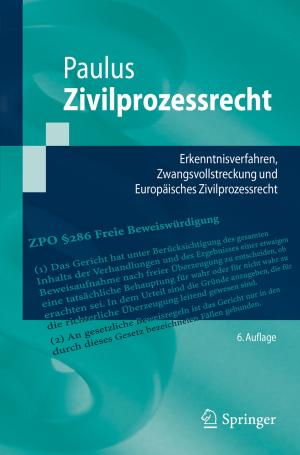Upper Bound Limit Load Solutions for Welded Joints with Cracks
Nonfiction, Science & Nature, Mathematics, Number Systems, Science, Physics, Mechanics, Technology| Author: | Sergey Alexandrov | ISBN: | 9783642292347 |
| Publisher: | Springer Berlin Heidelberg | Publication: | May 15, 2012 |
| Imprint: | Springer | Language: | English |
| Author: | Sergey Alexandrov |
| ISBN: | 9783642292347 |
| Publisher: | Springer Berlin Heidelberg |
| Publication: | May 15, 2012 |
| Imprint: | Springer |
| Language: | English |
The present short monograph concerns analytic and semi-analytic techniques for finding an approximate value of the limit load. The limit load is an essential input parameter of flaw assessment procedures. In most cases, finding the limit load involves some numerical calculations of different levels of complexity, including numerical minimization of functions of one or several arguments, the slip-line technique and the finite element method. This book shows in particular how to use singular behavior of the real velocity field in the vicinity of bi-material interfaces in kinematically admissible velocity fields to increase the accuracy of upper bound solutions. An approach to recalculate the limit load for a class of structures with defects with the use of its value for the corresponding structure with no defect is discussed. The upper bound technique is applied to evaluate the limit load of overmatched and undermatched welded joints with cracks subject to various loading conditions of practical importance in conjunction with the aforementioned special techniques.
The present short monograph concerns analytic and semi-analytic techniques for finding an approximate value of the limit load. The limit load is an essential input parameter of flaw assessment procedures. In most cases, finding the limit load involves some numerical calculations of different levels of complexity, including numerical minimization of functions of one or several arguments, the slip-line technique and the finite element method. This book shows in particular how to use singular behavior of the real velocity field in the vicinity of bi-material interfaces in kinematically admissible velocity fields to increase the accuracy of upper bound solutions. An approach to recalculate the limit load for a class of structures with defects with the use of its value for the corresponding structure with no defect is discussed. The upper bound technique is applied to evaluate the limit load of overmatched and undermatched welded joints with cracks subject to various loading conditions of practical importance in conjunction with the aforementioned special techniques.
